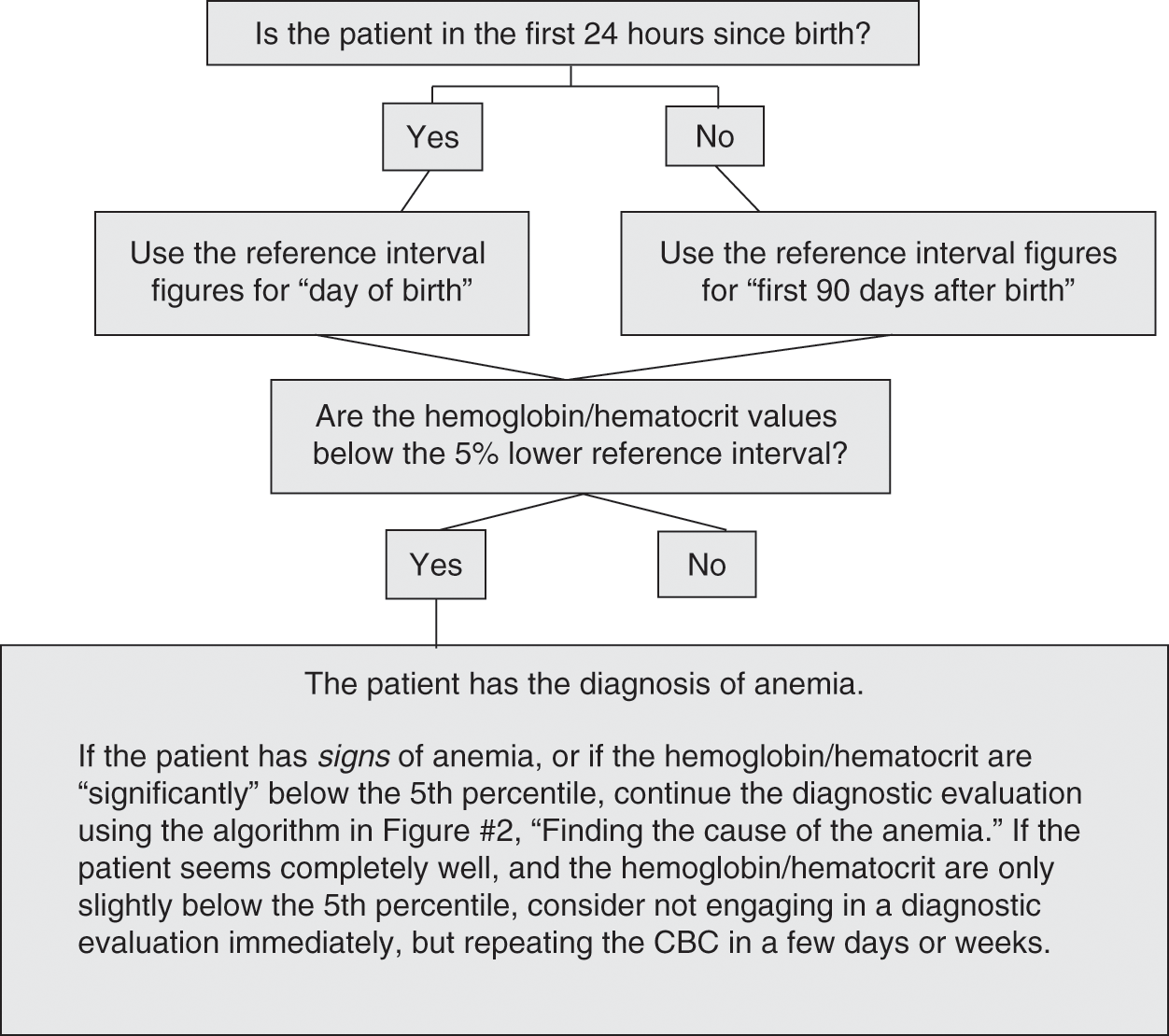
Nonetheless, you should still try to maintain a healthy diet. If this is the case, you may need to take supplements over the long term. In such cases, you may have been consuming a perfectly healthy diet, but your body may not have been able to absorb enough of the nutrients it needs. However, low levels may also be from other factors, like malabsorption disorders. Low hematocrit levels may have originally been caused by a poor diet, so your doctor may also advise you on dietary changes you should make going forward. Read more: 43 Supplements Exposed: Which Ones to Consider, Which Ones to Avoid Your doctor will help you identify which supplement is best for you.

:max_bytes(150000):strip_icc()/hemoglobin-level-test-1942658-01-1721875f4eab417bb161afc2acf1b89d.png)
These may be pills, capsules or even intramuscular injections, depending on the nutrient. If you're anemic and your doctor has identified that you have low hematocrit levels, you'll likely have to consume supplements to rapidly raise your levels. Deficiencies in nutrients like iron, vitamin B-12 and folic acid can all cause serious issues, like anemia. If your hematocrit levels are low from a nutrient deficiency, chances are that you're specifically deficient in an important blood-related vitamin or mineral. Resolving low hematocrit levels can be challenging and often requires the assistance of a medical practitioner. This amount doesn't just refer to water, but the fluids you ingest from food products and other beverages too.The only dietary factor that might produce elevated hematocrit levels is your fluid consumption.Read more: 10 Weird Signs You're Not Getting Enough Nutrients Even nutritional deficiencies that have affected your hematocrit levels may require treatment by a healthcare practitioner.

If you already know that your hematocrit levels are higher or lower than average, it’s best to consult your doctor about what to do next.īut once they’re seriously high or low, it can be difficult to resolve your hematocrit levels on your own through lifestyle or dietary changes. Your hematocrit levels can also change because of recent blood transfusions, pregnancy or visiting a place at high altitude - which means that some amount of fluctuation is normal. Not all changes in hematocrit levels require medical treatment, though 6. In contrast, high hematocrit levels may be caused by conditions like congenital heart disease, polycythemia vera, lung disease or dehydration. Low hematocrit levels can be caused by conditions like cancer, bone marrow disease, kidney problems, anemia or simply a nutritional deficiency of essential nutrients like iron, vitamin B-12 or folate.


 0 kommentar(er)
0 kommentar(er)
